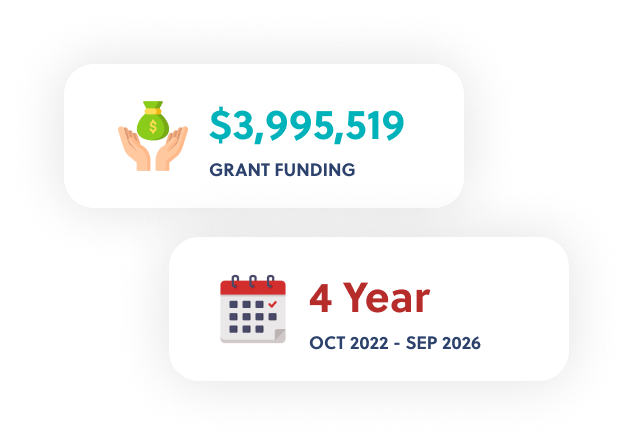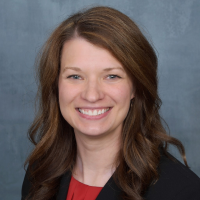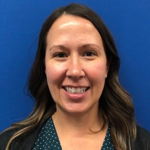Fostering the next generation of nurses by connecting nurses to their purpose/professional identity, training to elevate and empower the nursing workforce, and raising awareness through human stories
To develop a comprehensive academic and clinical nursing preceptor curriculum to support and advocate for the evolving nursing workforce.
To be the most trusted and respected provider of innovative, relevant, sustainable nursing preceptor curriculum and educational resources through collaborative clinical and community partnerships.

There is a need to use the strength of innovation, technology, business development, and advocacy, in addition to developing high quality educational resources, to adequately address this most pressing issue plaguing the nursing profession.
It is critical that continuous improvement of training for the clinical environment occurs, to include wellbeing, resiliency, and burnout, as the safety of patients is at stake.
Clinical educator and preceptor training must include elements of social determinants of health and cross cutting elements of culturally competent care.
The issue of faculty incentives and employment packages is critical in raising the number of nurses willing to transition to clinical faculty status.
A more advanced method to house and disseminate tools and resources to allow for easy access for preceptors in the clinical setting in a highly organized way is imperative.
Centralized coordination and advocacy are crucial in resolving productivity challenges and organizational policies that complicate renumeration for otherwise willing preceptors.
There is a need to remove infrastructure barriers through collaborative academic-clinical community partnerships who recognize the collective benefit.
There is a need to bring overall productivity and training costs to policy makers who can rebalance the equity of clinical placements and treatment of preceptors across the state and region.
As the nursing profession recovers from the strain of post pandemic stressors and rapid turnover, consideration for methods to increase resiliency, promote well-being, identify burnout, and teach methods of self-care must occur.
Existing efforts to address the need for relief from the administrative burden and site procurement across the state and beyond must be leveraged to amplify successful resolution of barriers.

PhD, MSN/MBA, RN Project Director

PhD, APRN-NP, FNP-C Implementation Co-Lead

PhD, APRN-NP, FNP-C Implementation Co-Lead

PhD, MSN, RN, PHCNS-BC, NE-BC Evaluation Lead

MSN, RN, CWOCN Professional Development Lead

DNP, APRN-NP, ACNP-BC, ANP-BC APRN Support

DNP, ACNP-BC APRN Support

MSN, RN Project Manager

MBA Educational Projects Coordinator

MEd Instructional Designer

BSBA Administrative Lead

BS, MS, CSM IT Lead
Help create training resources for preceptors and clinical instructors, both live and on demand
This project is supported by the Health Resources and Services Administration (HRSA) of the U.S. Department of Health and Human Services (HHS) as part of an award totaling $3,995,519 with 0 percentage financed with non-governmental sources. The contents are those of the author(s) and do not necessarily represent the official views of, nor an endorsement, by HRSA, HHS, or the U.S. Government.